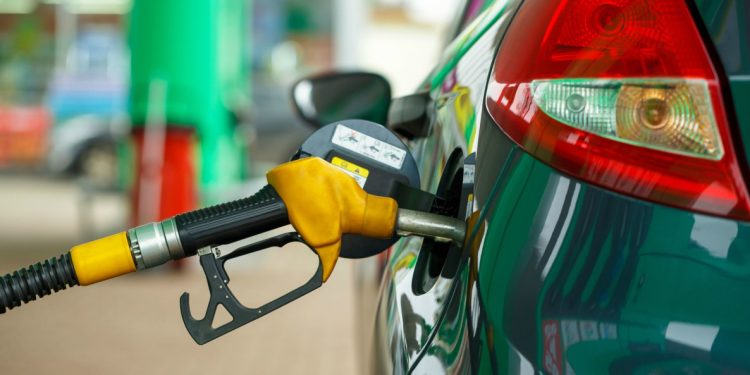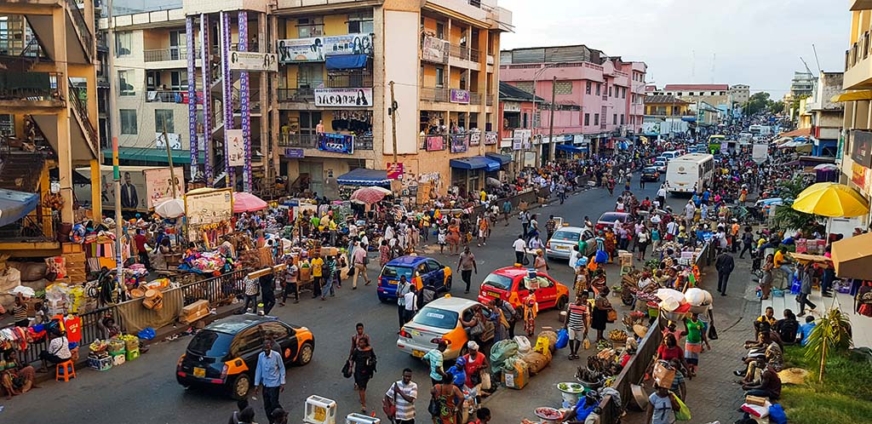Any discerning citizen of Ghana who has experienced life in the 4th Republic scarcely needs the Fourth Estate of the realm to point out the blatant waste, corruption and injustice of its successive governments.
We need a new style of political leadership that appeals to the citizenry of Ghana on a national basis, capable of arousing a common desire for a renaissance, with a practical programme and theory on which to base its method of statecraft. This requires a government with an infectious enthusiasm, administrative genius and an inspiring leader that can stir the imagination of the citizenry.
We must reorganize the Ghanaian society and strengthen the well-being of households through a culture of entrepreneurship. The reorganization of the Ghanaian society, however, must be intertwined with the principle of meritocracy; a culture that rewards hard-work and talent. One’s success should not depend on being born into wealth or privilege; people must simply be valued for what they can do.
The industrious lower class, which form the majority of our society, deserve a better quality of life. And a better quality of life, which guarantees work and happiness for the average Ghanaian citizen, can only be attained by expanding the local economy and establishing a larger middle-class of manufacturers.
A robust Ghanaian economy is not just vital to improving the general standard of living for the citizenry but is fundamental to the modernisation of the Ghana Armed Forces and an effective intelligence network committed to the maintenance of peace on the African continent. A Republic which fails to maintain a sound social order, within its sphere of influence, has no prospects of advancing the larger interests of its society. Political stability on the African continent is essential to our economic growth and the sustenance of our development.
Review the Presidential age limit.
Today, 58.9% of Ghanaians, representing approximately 17,443,201 people, are aged between less than 1 and 39 according to the population and housing consensus. However, Chapter 8, Article 62 (b) of the 1992 Constitution of Ghana, states that a person shall not be qualified for election as the President of Ghana unless he/she has attained the age of forty years.
This age limit excludes, perhaps, the most important demographic group within the Ghanaian society from contesting the highest political office of the Republic. Consequently, there would be no significant representation of the Ghanaian youth at the upcoming elections. The wider generational aspirations of young people in Ghana would, therefore, be thwarted. This is a serious issue to be considered before the House of Parliament.
The youth of Ghana are the craftsmen that must be the foremost builders of a modern Republic. Ghana must have faith and give the new frontier of leadership an opportunity at statecraft. There is a sense of optimism, euphoria and a renewed spirit for nation building that comes with a modern political order. We are the spark that Ghana so desperately needs.
The age limit is a matter of public debate and the government must solicit the views of Ghanaians regarding a prospective constitutional amendment. I propose a new Presidential age limit is set at 30 and I would like to call on all well-meaning Ghanaian citizens, especially the youth, to support this.
A constitutional amendment of the Presidential age-limit has the potential to be one of the biggest steps in political advancement ever taken by the citizens of this Republic. The amendment would offer a fresh framework for national government; I have no doubt that a young and vibrant group of nation-builders would rise to the status of revolutionary national figures.
















